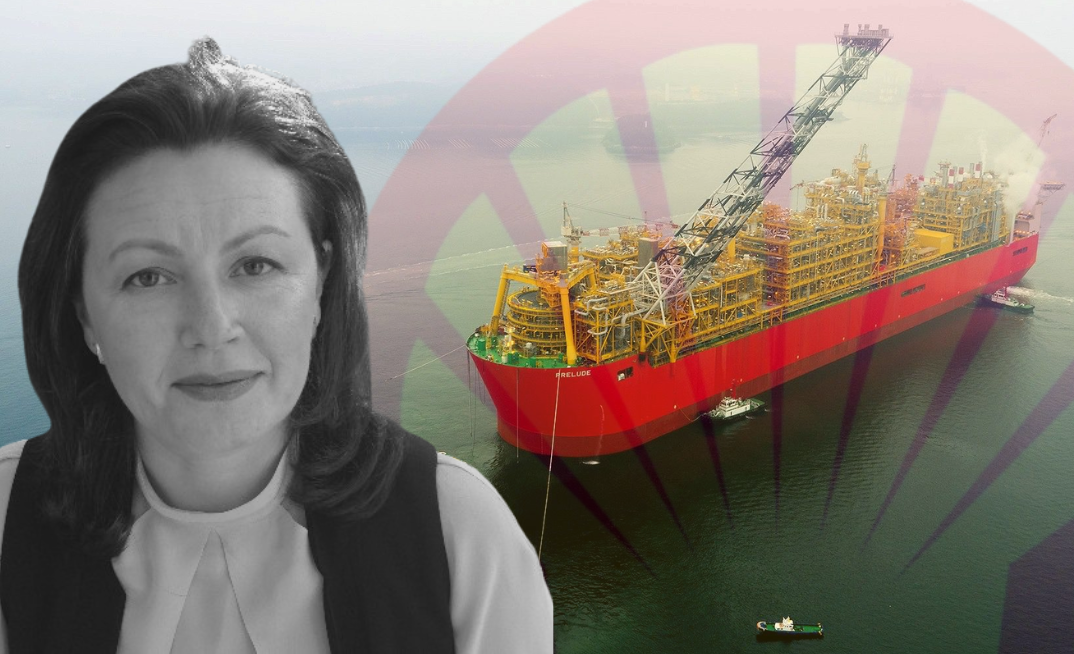A former Shell safety engineer claimed in an employment tribunal in London last week that she was dismissed in retaliation for raising concerns about safety at offshore facilities, including the Prelude FLNG.
During a UK Employment Tribunal hearing, former Technical and Process Safety Advisor Irina Woodhead alleged her warnings about inadequate emergency protocols—validated by a December 2021 fire aboard the Australian production vessel—were ignored and that her dismissal was unjustly linked to her whistleblowing efforts.
The tribunal, however, denied Woodhead an interim relief pending determination of her whistleblowing claims concluding that her failure to engage with a performance improvement plan and refusal to follow reasonable Human Resources instructions led to a breakdown in her employment relationship. Shell has denied Woodhead's allegations, saying her dismissal was unrelated to the issues she claims. However, Woodhead argues that HR lacked the authority to take such action without input from her line management, a position HR had previously confirmed in writing.
Last Friday, Woodhead testified before Employment Judge Fowell during another tribunal hearing about her time with Shell. She is accredited as a Technical Authority Level 2 and was responsible for managing risks associated with the design of hazardous industrial facilities.
YOU MIGHT ALSO LIKE

"In July 2021, I raised concerns to Compliance and subsequently Legal about the Shell's HSSE Control Framework and its applicability to upstream production assets, like the Prelude FLNG in Australia ," Woodhead said.
She described a December 2021 fire incident on Prelude, where emergency systems reportedly failed to activate, leaving 293 people onboard without viable evacuation options.
"This incident validated my earlier concerns about technical integrity," Woodhead stated.
Shell responded to these allegations by maintaining that its safety processes are robust and that Woodhead's dismissal was unrelated to her disclosures.
Meanwhile, Fowell questioned whether Woodhead's claims met the legal threshold for protected disclosures under the Employment Rights Act.
"The essence of a public interest disclosure claim is reporting something unlawful or dangerous by the company and then being mistreated as a result," he said.
The tribunal also questioned the scope of Woodhead's role in health and safety matters.
"Were you formally designated as a health and safety representative, or was workplace safety an inherent aspect of your role?" Fowell probed.
In response to the judge's inquiry, she said: "The respondent [Shell] attributed my actions to an unwillingness to consider alternative viewpoints after I raised concerns regarding compliance and safety issues."
Procedural disputes
Tensions over procedural matters arose during the hearing, with Woodhead stating that Employment Judge Dyal, during preliminary hearings on January 26, 2024, had instructed her not to present supporting evidence for her claims to avoid complicating and extending the proceedings.
"The [Respondent's] skeleton argument was provided less than 24 hours before the hearing, prejudicing my ability to respond," Woodhead complained.
Meanwhile, Shell's legal counsel, Andrew Smith, argued Woodhead's claims lacked merit.
"Being aggrieved does not necessarily give rise to actionable claims of unlawful discrimination," he argued, urging the tribunal to dismiss portions of the case on the grounds of jurisdictional issues and insufficient evidence.
Woodhead referred to a key legal precedent, stating: "If the question of whether a claim has a reasonable prospect of success hinges on disputed factual issues, it is highly unlikely that a strikeout application will be appropriate."
Judge Fowell acknowledged the complexities in evaluating the case but underscored the importance of determining whether the claims had a reasonable prospect of success.
"Your concerns are duly noted, but our task is to assess the evidence against the relevant legal standards," he said.
Both Shell and Woodhead await further tribunal decisions on unresolved claims, with procedural delays pushing hearings into 2027 in her cases 1 and 3 whilst Woodhead awaiting Shell's response to the Court of Appeal relating to her case 2.
As the case progresses, it continues to draw attention to the balance between corporate accountability, whistleblower protections, and regulatory oversight in the energy sector.























